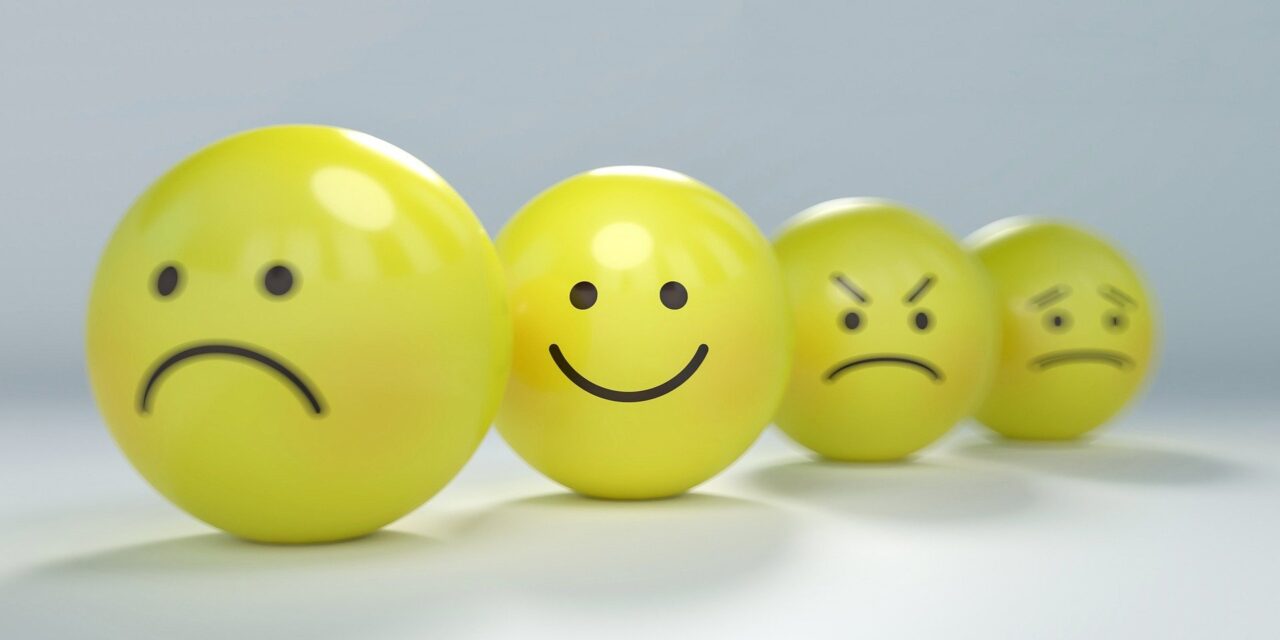A new study published in the journal Emotion reveals that self-judgment about happiness could have a detrimental effect on life satisfaction and psychological well-being. The research, conducted by the American Psychological Association, involved three experiments with over 1,800 participants and highlights a surprising twist in the pursuit of happiness.
According to the study, actively evaluating one’s own happiness is linked to lower well-being, a finding that challenges the common belief that measuring happiness can enhance it. The research found that individuals who were concerned about their level of happiness experienced greater negativity and disappointment, even in the face of positive events.
Felicia Zerwas, Ph.D., the lead researcher and a postdoctoral researcher at New York University, emphasizes that societal pressures often promote the idea that constant happiness is necessary for well-being. “There are plenty of societal pressures, at least within the United States, which encourage the fallacy that people must feel happy all of the time to achieve greater well-being,” said Zerwas. “Overall, allowing yourself to experience your emotions, whether they are positive or negative, with an accepting attitude could be a useful tool for pursuing happiness and increasing well-being.”
The study’s findings contrast with previous research that suggested the pursuit of happiness itself could be harmful. Instead, the researchers found that while viewing happiness as a crucial goal did not negatively impact well-being, judging one’s own happiness did. This suggests that high expectations for happiness might set individuals up for disappointment, leading to a decreased sense of satisfaction.
Participants in the study came from diverse backgrounds, including students from Yale University, community members from Denver and Berkeley, California, and individuals from online platforms in the United States and Canada. They answered questions about their beliefs regarding happiness, psychological well-being, and depressive symptoms. The results indicated that concerns about one’s happiness were associated with lower life satisfaction, poorer psychological well-being, and increased depressive symptoms.
Zerwas explains that having high expectations for happiness can be counterproductive. “Having high expectations for one’s happiness can be detrimental because it makes it more difficult to achieve the level of happiness that we are expecting from a positive event,” she noted.
For more details on this research, see “Unpacking the Pursuit of Happiness: Being Concerned About Happiness but Not Aspiring to Happiness Is Linked With Negative Meta-Emotions and Worse Well-Being” published in Emotion (2024). DOI: 10.1037/emo0001381.












